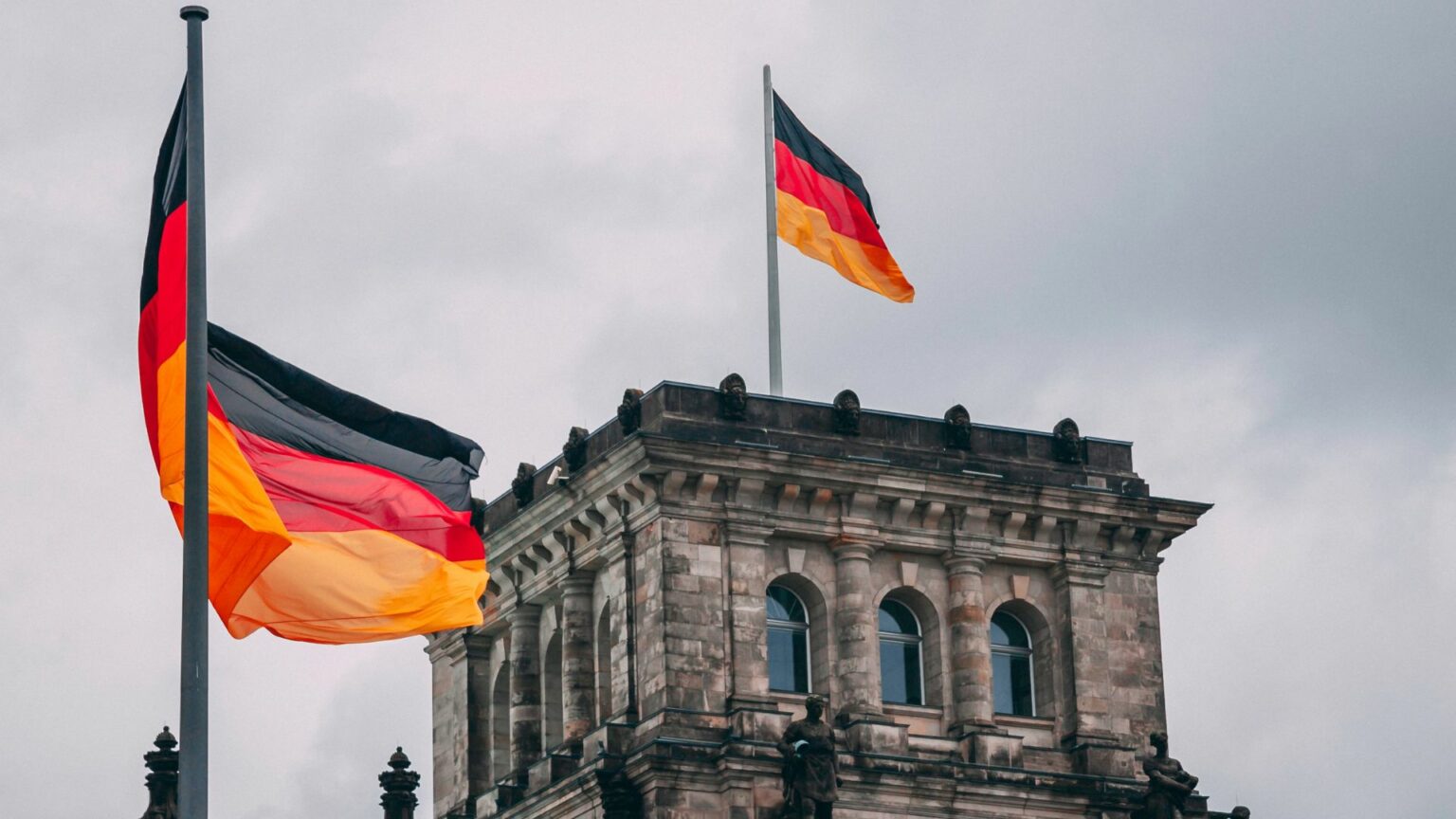Germany’s gas Transmission System Operators (TSOs) have submitted an application for a national hydrogen core network, spanning 9,666km and costing an estimated €19.7 billion ($21.4 billion).
This initiative aims to develop a comprehensive hydrogen infrastructure across Germany by 2032, which could become a crucial part of the European hydrogen backbone. H
The proposed hydrogen core network intends to integrate key hydrogen infrastructures, including transmission routes and sites for production, storage, and consumption. About 60% of the network will convert existing natural gas pipelines to transport hydrogen. This conversion approach is cost-effective and time-efficient compared to building new pipelines, but it also raises questions about the long-term reliability and efficiency of repurposed infrastructure.
Klaus Müller, President of the German Federal Network Agency (BNetzA), stated that the agency is reviewing the network proposals to ensure they meet legal requirements and have necessary interconnections. This approval process is expected to conclude within two months. The speed of this regulatory review is crucial, but thoroughness should not be sacrificed for expediency. Ensuring robust interconnections and compliance with safety standards is paramount for the project’s success.
One of the gas TSOs, EnBW, plans to invest approximately €1 billion in the hydrogen core network. Through its subsidiary, terranets bw, EnBW has committed to converting existing pipelines and establishing new connections. This includes integrating the South German natural gas pipeline into the hydrogen network to supply Baden-Württemberg. While EnBW’s investment is significant, it represents just a fraction of the total projected cost. The financial viability and sustainability of such investments from other TSOs and stakeholders remain uncertain.
Conversion vs. New Pipelines
The decision to convert existing natural gas pipelines rather than constructing new hydrogen-specific ones could expedite deployment and reduce costs. However, hydrogen’s small molecule size and propensity for embrittlement pose unique challenges that may not be fully addressed by conversions. Industry benchmarks and best practices suggest that while conversion is a viable short-term solution, new infrastructure may be necessary for long-term reliability and safety.
The German hydrogen core network is envisioned as a foundational element of the broader European hydrogen backbone. This integration aims to facilitate cross-border hydrogen transport and support the EU’s decarbonization goals. However, achieving seamless integration will require harmonized regulatory frameworks, substantial investment in cross-border infrastructure, and coordinated policy support across EU member states.
Economic drivers such as industry support mechanisms and clear decarbonization targets are encouraging investment. However, financial challenges and regulatory uncertainties continue to dictate the pace of development. The lack of clarity in hydrogen project deployment procedures, energy system treatment, and transport logistics could impede progress. Ensuring stable and transparent regulatory environments is essential for attracting and sustaining investment.
